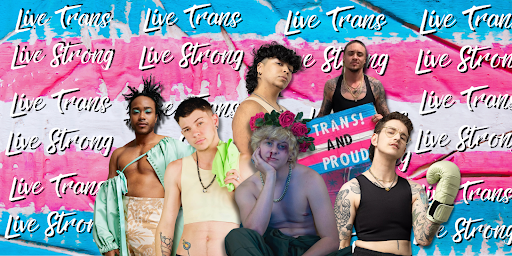3. How does dysphoria interfere with sexual health in Trans Men?
Gender dysphoria can significantly impact a trans man’s sexual well-being, both before and after medical transition. Understanding these challenges is crucial to ensuring better self-care and overall health.
1. i) Pre-Transition Challenges:
Before starting hormone replacement therapy (HRT) or undergoing surgeries, many trans men experience distress related to their bodies, which can affect their sexual health in several ways:
- Wearing a Binder Too Long: Binders help flatten the chest, allowing trans men to dress more comfortably. However, prolonged use can lead to severe health issues, including bruised or fractured ribs, heartburn, and even long-term respiratory complications.
- Bottom Dysphoria: Many trans men struggle with discomfort regarding their assigned genitalia, leading to avoidance of self-care. This neglect can result in irritation, infections.
- Menstruation: Menstruation can be a significant source of distress, intensifying gender dysphoria and causing additional physical discomfort.
2. ii) Post-Transition Challenges:
Once a trans man starts HRT or undergoes surgeries such as mastectomy, phalloplasty, new sexual health concerns may arise:
- Vaginal Dryness: Testosterone therapy can cause vaginal dryness, leading to irritation and discomfort, especially during sex.
- Increased Sensitivity and Pain: Testosterone causes clitoral growth, which can result in heightened sensitivity or pain in the genital area.
- Painful Menstrual Cramps: While testosterone often suppresses menstruation, some trans men experience irregular periods accompanied by severe cramps.
- Limited Access to Trans-Affirming Healthcare: Finding knowledgeable and trans-affirming doctors, especially in India, remains a challenge. Many trans men avoid seeking medical care due to past experiences with transphobic healthcare providers, which can negatively impact their overall well-being.








